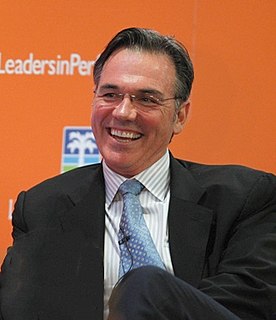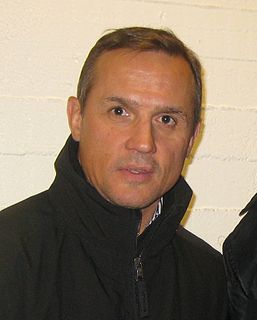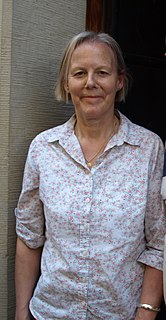A Quote by Ashraf Ghani
You can get together, you can talk as much as you want, but if there's not a decision-making process - that's where democracy really matters.
Related Quotes
I belong to a bowling team with black and Latino coworkers. And when we get together and we talk about politics - I'm almost quoting him - he said, we don't talk about Black Lives Matters. We talk about what matters to our families. We talk about jobs, and we talk about the fate of the country. That is America, and you can reach those people.
When the Founders thought of democracy, they saw democracy in the political sphere - a sphere strictly limited by the Constitution's well-defined and enumerated powers given the federal government. Substituting democratic decision making for what should be private decision making is nothing less than tyranny dressed up.
When we talk about Cuban democracy we are referring to participatory democracy which is big difference with representative bourgeois democracy. Our is a democracy in which everything is consulted with the people; it is a democracy in which every aspect and important decision that has an impact in the life and society of the people, is done in consultation.
It is equally unreasonable to run a university as a "participatory democracy," the approach to governance that once existed in Europe. That approach in European institutions of higher learning was appealing to professors because it was democratic. But those institutions also suffered because they lacked an executive decision-making process; making changes became virtually impossible.
In management terms, directing opera certainly prepares you for a film set: the magnitude of it, the experts in other fields that you have to call on. Both are massive ensemble jobs in which there's incredible pressure to get things done on time and on budget - so much so that making the wrong decision may be better than making no decision at all.
I've always seen process of crafting as part of the thinking process. It really forms the gestation of the work. I'll get an idea; I want to express this idea, sometimes I'll start it, but during the process of making the object - if it's an object or a painting - it changes. It never goes in a linear progression from A to Zed. It's always this kind of circuitous, stumbling, groping in the dark kind of process of evolving.


































